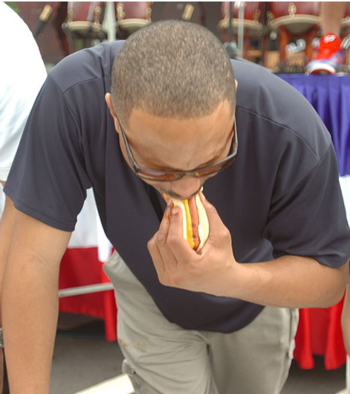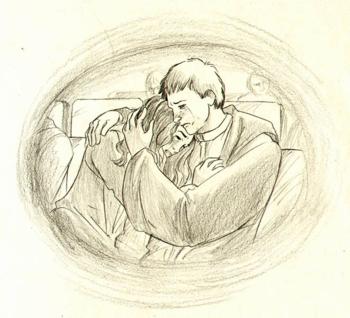The Unbelieving Spouse Who Wants A Divorce
If your spouse leaves the marriage it can be a devastating time. Sometimes they may want to get a divorce and bring papers for you to sign. But God says we are not to divorce an unbelieving spouse. In marriage, even if only one spouse is a believer, God says the marriage is sanctified and set apart for His purpose. According to the state you are divorced, but according to God you are still married.

If any brother has a wife who is not a believer and she is willing to live with him, he must not divorce her. And if a woman has a husband who is a believer and he is willing to live with her, she must not divorce him. For the unbelieving husband has been sanctified through his wife, and the unbelieving wife has been sanctified through her believing husband. 1 Corinthians 7:12-14 NIV
God’s ideal is for couples to stay together and try and make the marriage work. The believing spouse should try and bring the wayward spouse to Jesus Christ. Since God does regard your marriage as sanctified by the presence of just one believing spouse, the believing spouse should do what they can to help the unbelieving spouse come into the light and accept Christ.
The Unbelieving Spouse Who Wants A Divorce Read More »









